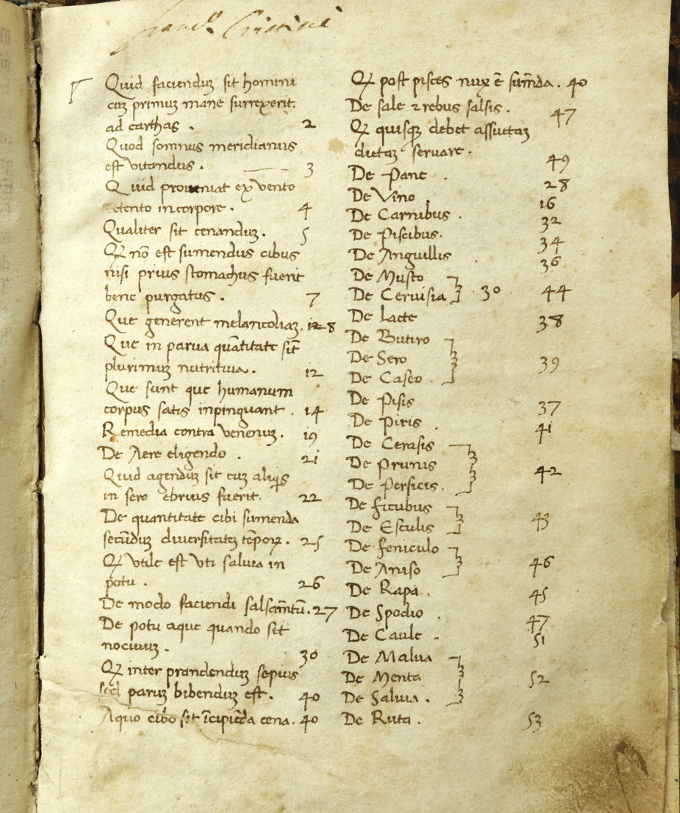Luke's Working Notes
Powered by 🌱Roam GardenCustom Index
Problem
Most books include some basic entry points into the text. A table of contents of some kind. Maybe an index of key topics. But it's very unlikely that the criteria and priorities of a publisher or author will be the same as the reader.
You can highlight interesting or relevant passages, but you don't want to have to skim the entire book later to remember those ideas later. You can also copy those highlights to another place (journal, note-taking app, etc.), but you may not want to do this for every book.
Solution
Creating an end page index gives you a customized entry point that you can refer back to when you pick up the book again.
As you read a book, list key ideas, sections, or terms that resonate with you. This personal index helps you to quickly revisit important points and organize your thoughts on the text.
Examples
C. S. Lewis, letter to Arthur Greaves, 1932:
To enjoy a book like [Froissart’s Chronicles] thoroughly I find I have to treat it as a sort of hobby and set about it seriously. I begin by making a map on one of the end leafs: then I put in a genealogical tree or two. Then I put a running headline at the top of each page: finally I index at the end all the passages I have for any reason underlined. I often wonder — considering how people enjoy themselves developing photos or making scrapbooks — why so few people make a hobby of their reading in this way. Many an otherwise dull book which I had to read have I enjoyed in this way, with a fine-nibbed pen in my hand: one is making something all the time and a book so read acquires the charm of a toy without losing that of a book.
Cross-References
Luhman's Literature Notes were a way to externalize this custom index so that it was useful for research without needing to have the book in hand.
